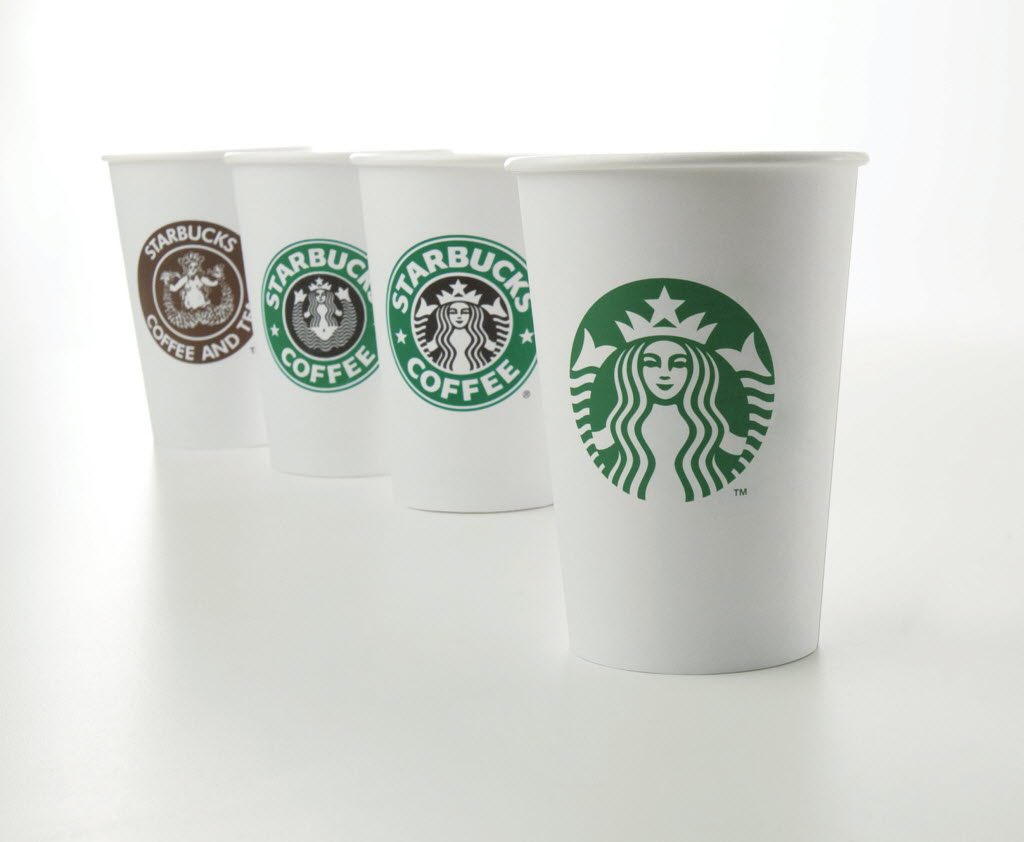56 billion: Number of paper cups Americans go through every year, according to International Paper.
3 billion: Number that Starbucks alone gulps up each year.
Less than 2 percent: Percentage of Starbucks beverages served in reusable cups.
SEATTLE — Along with whalebone corsets and mimeograph machines, another anachronism will be displayed in museums of the future if Karin de Weille has her way: the disposable cups that fuel today’s culture of coffee and convenience.
Against odds that would discourage a less optimistic soul, de Weille recently launched a campaign in the heart of caffeine country to get people to kick the paper habit.
“I think Seattle can push the frontier,” she said at Seattle Green Festival, a two-day celebration of eco-friendliness where the effort got its official start.
Seattle City Council President Richard Conlin endorsed the initiative, which urges participants to whip out their own reusable cups for mochas on the go or “for here.”
“Let’s show that we can do this, and our success will be duplicated in other cities,” Conlin said in a statement.
Americans go through 56 billion paper cups every year, according to statistics compiled by International Paper. Starbucks alone gulps up 3 billion.
The thin plastic coating that keeps most cups from turning to mush complicates recycling. Only a handful of cities try, including Seattle. But even if cups are recycled, it still requires enormous amounts of energy and resources to manufacture and ship them, de Weille said.
“Because we recycle, it actually becomes easier to throw stuff away,” she said. “But recycling should be a last resort.”
Cultural shifts can take generations, but psychological research suggests it takes only about three weeks for individuals to change a habit. So de Weille set up an online platform called New World Habits where people can sign on to the challenge for three weeks and chart their collective progress.
“Even if you believe in it, something like kicking the cup habit is easy to put off,” she said.
Setting a three-week deadline provides motivation, as does knowing you’re not alone. New World Habits also offers tips on getting coffee shops and bistros involved.
Disposable cups are an expense and hassle for businesses, said Laura Musikanski, executive director of Sustainable Seattle. Most coffee shops already offer discounts to people who bring reusable cups. For the disposable-cup challenge, Caffe Ladro raised the rebate from 10 cents to 25 cents at its 13 locations.
De Weille didn’t try to get Starbucks on board, but the coffee giant is struggling to boost recycling and reduce its paper cup use. Less than 2 percent of Starbucks beverages are served in reusable cups, and the company’s website says it may not be able to meet the goal of increasing that fraction to 25 percent by 2015.
Many folks are in the habit of toting reusable grocery bags, but the scene at Green Festival showed how deeply entrenched disposables have become, even at an eco-conscious event. Vendors served samples of soy milk, blood-orange juice and wine in paper and plastic. Cleanup crews hauled away bags bulging with cups.
Nicole Robbins of Kitsap County sipped a latte from a paper cup and admitted Americans have become addicted to convenience.
“We’re very conditioned to it,” she said.
She uses a glass water bottle regularly, but as an infrequent coffee drinker hasn’t made the leap to a reusable mug.
“Somebody needs to make a mug that folds down, that you can fit in your purse,” she said with a laugh.
When de Weille was weaning herself off disposable cups, she relied on sticky-note reminders. When she forgot her mug, she would walk back to the car to fetch it — using the “mindful stroll” to reinforce the new habit.
Now, she always carries spare mugs in the car. Her small backpack has a cup holster. And she doesn’t beat herself up for occasional lapses.
“We don’t have to be perfectionists,” she said. “But this something we can all do.”



